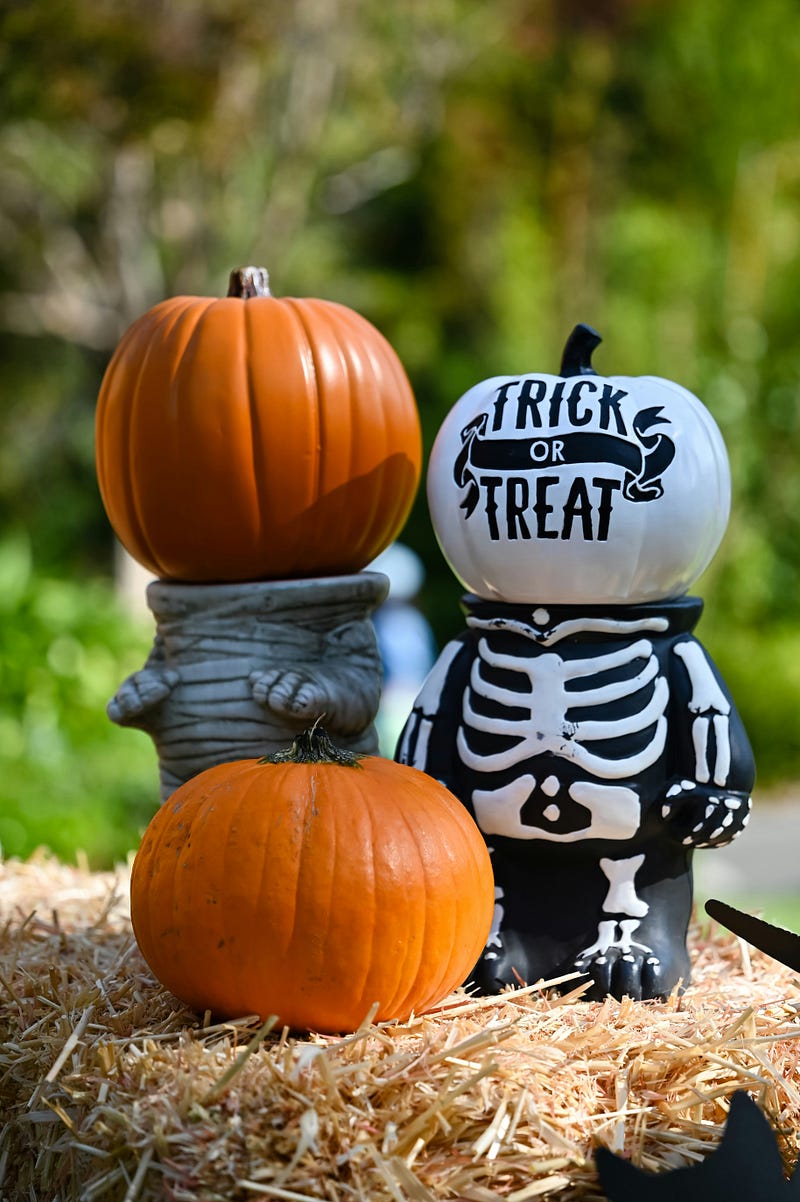How I Tricked My Brain to Be Addicted to Coding
Here’s the psychology-backed strategy I used to make coding feel as rewarding as scrolling social media.

Coding didn’t come naturally — so I hacked my motivation.
How I Tricked My Brain to Be Addicted to Coding
There was a time when opening my code editor felt like lifting weights at 6 a.m. — heavy, uninspired, and something I’d rather procrastinate on. I liked coding, sure. I had the potential. But I lacked consistency, focus, and — most importantly — the craving for it.
Fast forward to today, I often have to force myself to take breaks from my IDE. I can sit for hours debugging a function or building a side project without realizing time has flown. It’s not discipline — it’s desire. It’s not just a habit — it’s an addiction. And I tricked my brain into it.
Let me tell you how.
1. I Stopped Treating It Like Work
When coding feels like a task, our brains instinctively resist. So I stopped viewing it as a to-do item. Instead, I turned coding into play — like solving puzzles or building with Lego blocks.
I started with tiny challenges:
- Can I build a stopwatch with vanilla JavaScript?
- What if I tried creating my own version of Flappy Bird in Python with Pygame?
- Can I automate something boring I do every day?
No deadlines. No pressure. Just fun.
Reframe coding as a game, not a grind.
2. I Designed a Dopamine Loop
Let’s be honest — most of us scroll social media not because we’re lazy but because it gives our brain small hits of dopamine. I realized: why not use the same mechanism for coding?
So I engineered mini dopamine hits into my workflow:
- Solved a bug? Screenshot and share on X (Twitter).
- Built a cool UI component? Post it on Instagram.
- Finished a feature? Tick it off in Notion and watch that animation.
- Got a PR approved? Celebrate with a 30-second dance or a snack.
I made success visible, rewarding, and frequent.
Make your brain feel good every time you code.
3. I Joined a Tribe
I started following devs on Twitter, joined a couple of Discord communities, and became active on Reddit’s r/learnprogramming. Seeing others build, share, and grow made me want to keep up.
I posted my learnings, answered beginner questions, and shared progress. The engagement, feedback, and camaraderie kept me hooked.
We’re social creatures. The fear of missing out (FOMO) can be a powerful motivator — when used right.
Surround yourself with code-loving people.
4. I Kept the Barrier to Entry Low
Motivation dies when it takes 10 minutes to get started.
So I created a “One-Click Coding” environment:
- Auto-launching VS Code with the right workspace.
- Scripts to spin up local servers instantly.
- Templates for React, Flask, and Next.js projects.
- A curated list of ideas in Notion so I never had to think about what to build.
Starting became effortless, and that made returning to code a no-brainer.
Eliminate friction. Make starting stupidly easy.
5. I Romanticized the Process
I treated coding like art.
I lit a candle, played Lo-fi music, and made tea before diving into code. I crafted my workspace like a cozy, focused temple of flow. I even gave names to my side projects like “Project Zephyr” and “CodeSmith Chronicles.”
It may sound silly, but these rituals made coding feel special — even sacred.
Make the experience beautiful, not boring.
6. I Let Curiosity Lead
Instead of following tutorials blindly, I let curiosity be my compass.
Why does this line of code work?
What happens if I remove that return statement?
Can I rewrite this logic differently?
This mindset turned even the dullest bugs into mystery novels.
Ask questions. Let wonder drive you.
Final Thoughts: Addiction by Design
This wasn’t about willpower. It was about architecture — designing my environment, routine, and mindset in a way that my brain fell in love with coding.
And once it did, everything changed:
- Learning became effortless.
- Practice became play.
- Progress became exponential.
If you’re struggling to stay consistent with coding, maybe don’t push harder. Instead, get smarter. Trick your brain. Build a loop of joy, curiosity, and community around code.
Before long, you won’t have to make yourself code — you’ll crave it.
Clap if you related to this. Comment if you’ve found your own tricks. And if you’re just starting out — welcome to the rabbit hole. We’ll see you on the other side.





